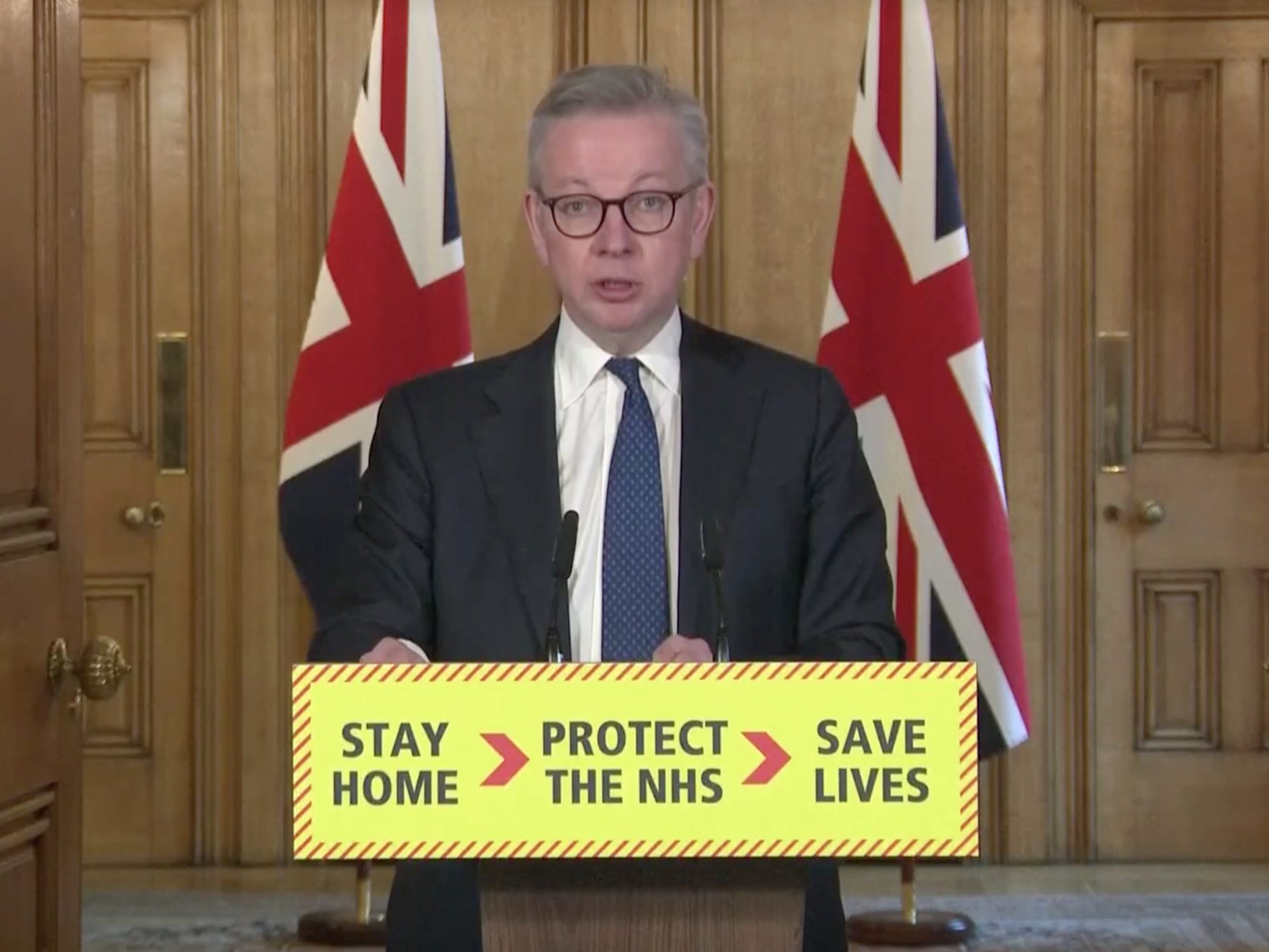Coronavirus: Britain has a political vacuum – when we need scrutiny more than ever
Parliament is in recess, at a time when there are urgent questions to be asked about NHS testing and the UK response to Covid-19, writes Sean O'Grady


The particular characteristics of the coronavirus have made it a threat to our traditional freedoms as well as our health. It has, in an almost casual manner, swept away swathes of the usual accountability of governments to the people. It is a disturbing development.
On the one hand, self-isolation, social distancing and the costs of this crisis have forced ministers to assume far-reaching and arbitrary emergency powers under the Coronavirus Act. On the other hand, that same need for social distancing to slow the spread of Covid-19 has in effect shut parliament down – just as the crisis is reaching its peak. While more and more pressing questions about NHS preparedness are being asked, there are fewer formal opportunities for MPs and peers to put them directly to ministers.
Of course, the usual parliamentary rituals do not always draw forth waves of candour from the government frontbench. However, prime minister’s questions and its ministerial counterparts do offer backbenchers and the opposition parties an opportunity to set the agenda, and raise constituents’ concerns. When the leader of the opposition scores a point, it makes the news.
More useful still are the select committees. The Health and Social Care Committee, chaired by Jeremy Hunt, and the Science and Technology Committee, chaired by Greg Clark, took revealing and valuable “real time” evidence from ministers, officials and expert witnesses before parliament went into recess on 25 March. They, and the rest of Britain’s legislators, will not return to Westminster until 21 April. That is quite a vacuum.
Still, there are things MPs can do in the meantime. They can, obviously, take to the media and social media to make a point. Labour’s shadow health secretary Jonathan Ashworth is becoming a familiar figure on our TV screens with his brand of constructive criticism, with a rising edge of impatience. Even while self-isolating ministers and their advisers are still at work, they can still be lobbied by MPs and peers. It is also true that the Scottish Parliament, and the Welsh and Northern Ireland assemblies, are still operating and asking questions of the devolved administrations.
Still, it is hardly politics as usual, and even more of the task of democratic accountability is having to be undertaken by the media. As when there is a general election and parliament has been dissolved, the politicians are subject to continual questioning, commentary and analysis by journalists. We see this most visibly every day in the live televised press conferences held in Edinburgh, Cardiff and Westminster. Ministers also tour the TV and radio studios, brief journalists and even appear on the BBC’s Newsnight and Today programmes, previously boycotted.
However, there is still something of a deficit in hard, forensic sustained questioning of those wielding unprecedented powers in these unprecedented crimes. There remain no adequate explanations, let alone justifications, for the shortages of personal protective equipment and ventilators in the NHS. Ministers have found it far too easy to evade questions and spin the figures. Parliament, even in some digital form, should find a way to do its job – otherwise more people might also start to ask some questions about what our MPs are actually there for.
Join our commenting forum
Join thought-provoking conversations, follow other Independent readers and see their replies
Comments